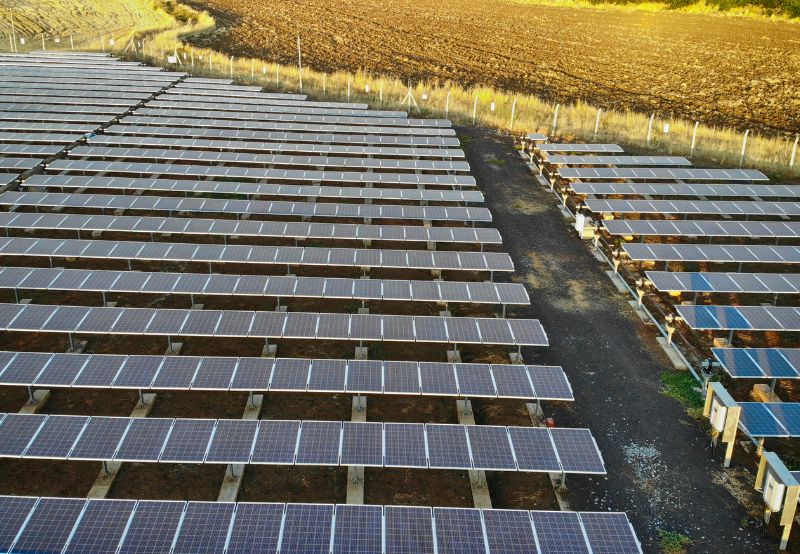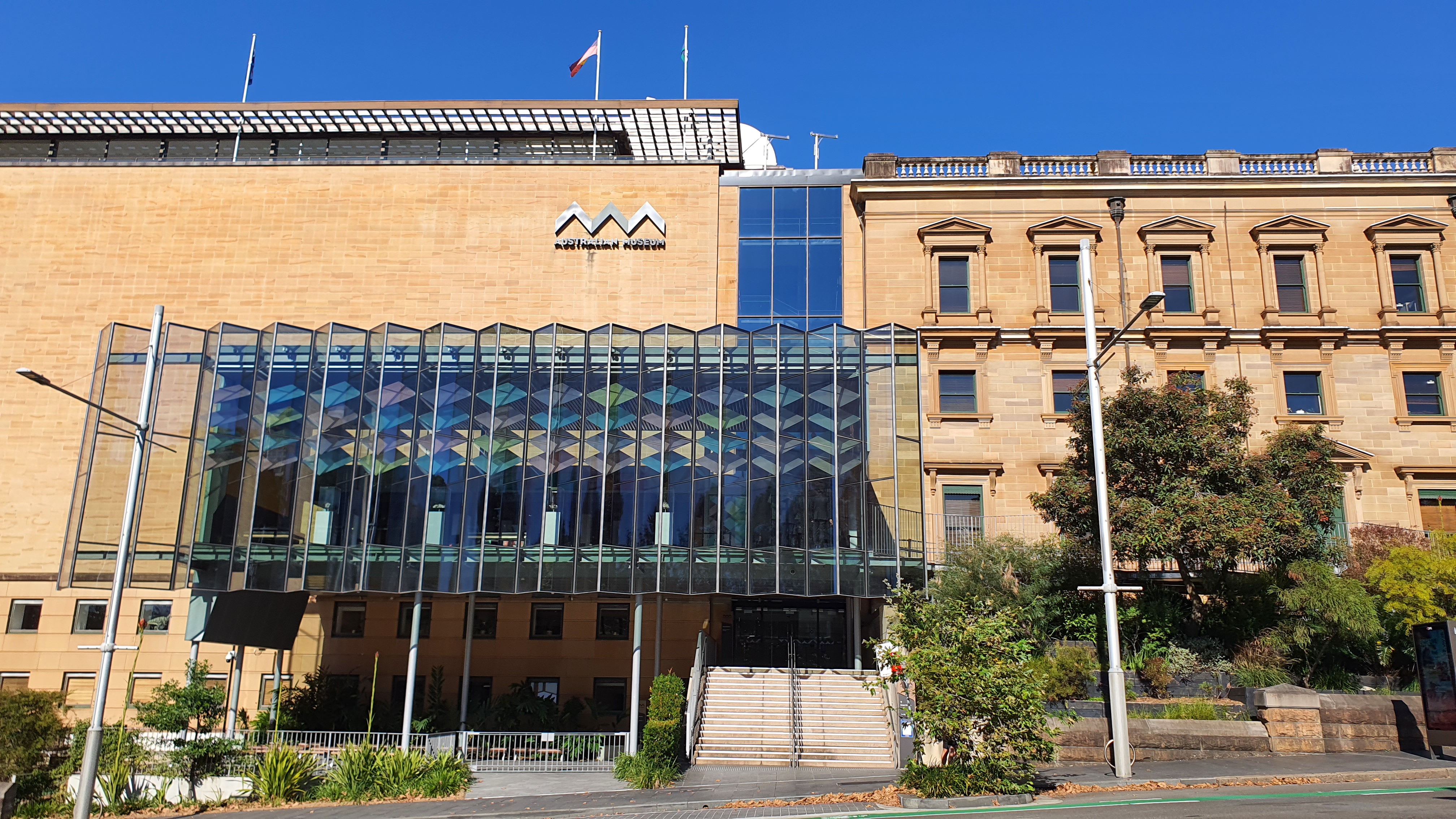The need for well-designed conservation projects that will create impact has never been more acute as we confront the global climate emergency and biodiversity crisis.
That is why TBA has developed a pathway to successful conservation project design and impact measurement. The online course will be dynamic, interactive, and provide a rich opportunity for sharing ideas and mutual learning. Teaching has been designed by TBA and will draw on the inspiration and challenges associated with many years of working in Africa.
You will learn tools and approaches that you can apply to your own project, while gaining real life examples of best practice and common pitfalls to avoid.
Taught by the Tropical Biology Association (TBA).
A Tropical Biology Association course on project design
The need for robust conservation projects has never been more acute as we confront the global climate emergency and biodiversity crisis.
That is why TBA has developed a pathway to successful conservation project design and impact measurement. The online course will be dynamic, interactive, and provide ample opportunity for sharing ideas and mutual learning. Teaching has been designed by TBA and will draw on the inspiration and challenges associated with many years of working in Africa.
You will learn tools and approaches that you can apply to your own project, while gaining real life examples of best practice and common pitfalls to avoid.
Click HERE to download the course flyer
How the course will work
31 May – 11 June (2 weeks) Planning for impact
14 June – 2 July (3 weeks) Logical structure and theory of change
5 July – 16 July (2 weeks) Monitoring and adaptive management
The course has been specially developed by experienced conservation educators and is being led by Dr Rosie Trevelyan and Dr Kevin Wallace from TBA. The course will be hosted on our virtual learning environment. Although the course is online and mostly self-paced – the activities and resources will be engaging, interactive and will also allow you to interact and learn from each other. You will also receive feedback from the course tutors on your own work.
You will need internet connectivity to login, complete some of the tasks and join the occasional Zoom meeting. However, much of the course can also be completed offline and will be accessible from either a computer or smart phone.
Although much of the course can be completed offline and at your own pace, there is a deadline a few days before the end of each module. This will allow you to complete a task based on your learning and will give us enough time to give feedback on your work. Keeping to this schedule will help you to improve your skills and make it easier to progress onto the next module.
Each module will begin and end with a Zoom meeting – a chance to meet each other, share ideas and form a network of contacts.
What you will learn
The training will consist of 3 modules:
Planning for impact
In this first module we shall explore some of the issues around conservation problems from the drivers and threats through to the effects that they have. Problem trees are a good way of examining problems and we shall look at ways you can develop your own problem trees to assist your project design. Being able to articulate the impact of your project is vital and should not be under-estimated. We shall look at ways to identify the actual impacts you need to achieve for a successful project.
Logical structure and theory of change
A theory of change is a useful way of describing how all the components of your project will together achieve the impacts you are aiming for.
It is normally a participatory process and undertakes the unusual approach of working backwards from your impacts all the way to the activities you will carry out. Together, we shall develop a theory of change for your project. The logical framework (or logframe) concept may strike fear into the hearts of many conservationists, yet it can be your friend. It is a useful way of placing your project ideas (including those in your theory of change) into a hierarchical structure. Many funding proposals require logframes and we will demystify how to construct these and explain how they useful planning and evaluation tools.
Monitoring and adaptive management
In this module we will learn how to develop indicators as vital parts of evaluating your project’s success. Developing Indicators are the next steps from a theory of change and are part of the logframe process. We will also look at the importance of baselines. Putting it altogether, we will cover how to create a plan to monitor your project’s progress towards achieving your impacts. Amongst all this, we shall touch on aspects of adaptive management, which will help you adapt your project in response to the results of your monitoring plan.
Who is this course for?
The course is designed for early career conservationists from Africa. It will bring together people from across the African region and develop a networking and support mechanism for your work beyond the training course.
Minimum academic requirement: BSc in conservation-ecology related subject
Who is running the course?
Taught by the Tropical Biology Association (TBA)
Sponsored by MAVA Fondation Pour la Nature (MAVA)
For more information, please visit: Tropical Biology Association (TBA)




